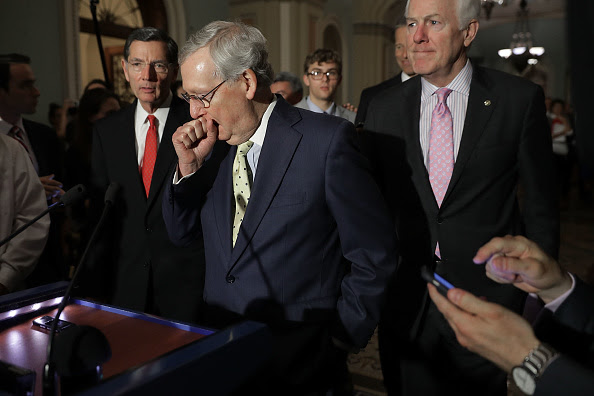After Donald J. Trump won the presidential election, Americans’ optimism about the economic future soared. But midway through the year, that optimism has not translated into concrete economic gains. | ||
| This seeming contradiction exposes a reality about the role of psychology in economics — or more specifically, how psychology is connected only loosely to actual growth. It will take more than feelings to fix the sluggishness that has been evident in the United States and other major economies for years. Confidence isn’t some magic elixir for the economy: Businesses will hire and invest only when they see concrete evidence of demand for their products, and consumers intensify their spending only when their incomes justify it. |
President Trump said on Twitter on Sunday that the stock market was at an “all-time high” and that unemployment was at its lowest level in years, both of which are true (he added that wages would start going up, which is certainly possible).
[But] "Despite bravado and big promises, the economy that President Trump is touting this week looks a lot like the one he lambasted as a candidate: a slow, largely steady grind that has chipped away at the damage done by the 2008-2009 recession but failed to produce the prosperity of decades past,” Damian Paletta and Ana Swanson report: “Now, as he approaches the six-month marker of his presidency, Trump faces several new warning signs that key areas of the economy could be losing steam, including in industries he specifically promised to revitalize. Automobile sales, the heart of the manufacturing economy, are in a months-long swoon. Both General Motors and Ford on Mondayreported that their sales had slid 5 percent in June as the industry’s workers continue to be hit with layoffs. U.S. factory output fell in May … [and] construction of new homes fell to an eight-month low.” Economist Lindsey Piegza said she believes there is a sense of “pessimism fatigue”: “There’s a sense where, it’s not fantastic, but this may be as good as it gets, so let’s celebrate mediocrity."












/cdn.vox-cdn.com/uploads/chorus_image/image/55445793/696327600.0.jpg)


